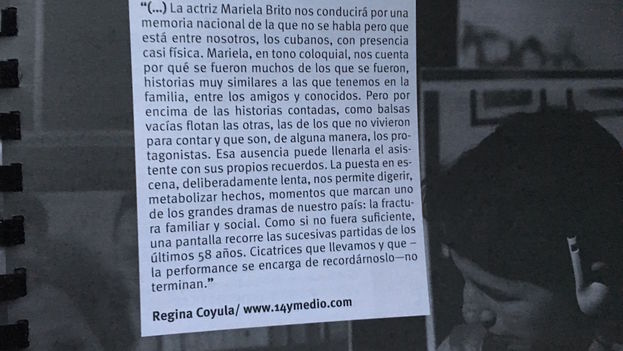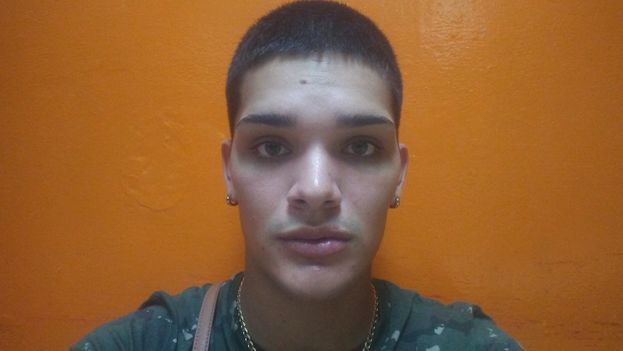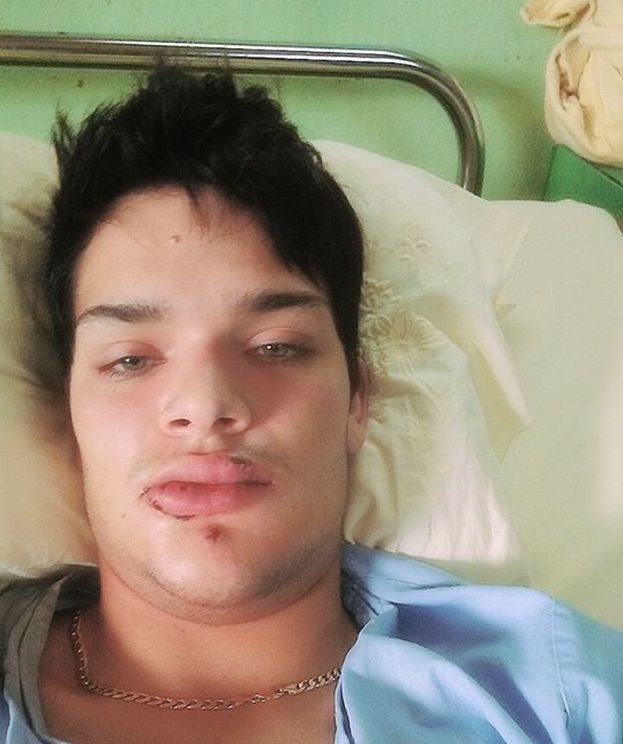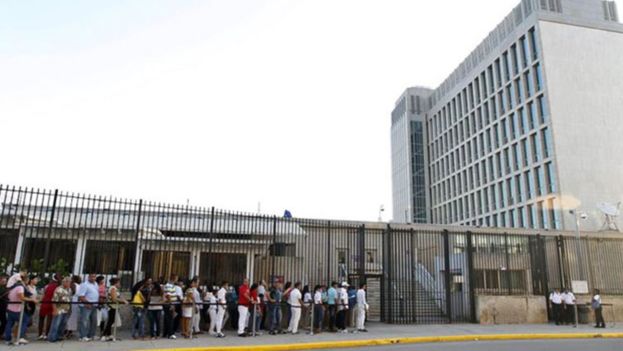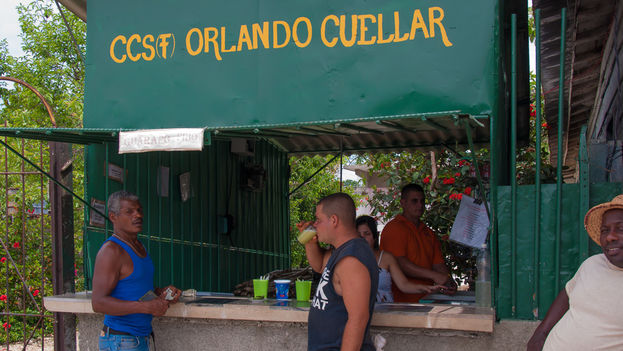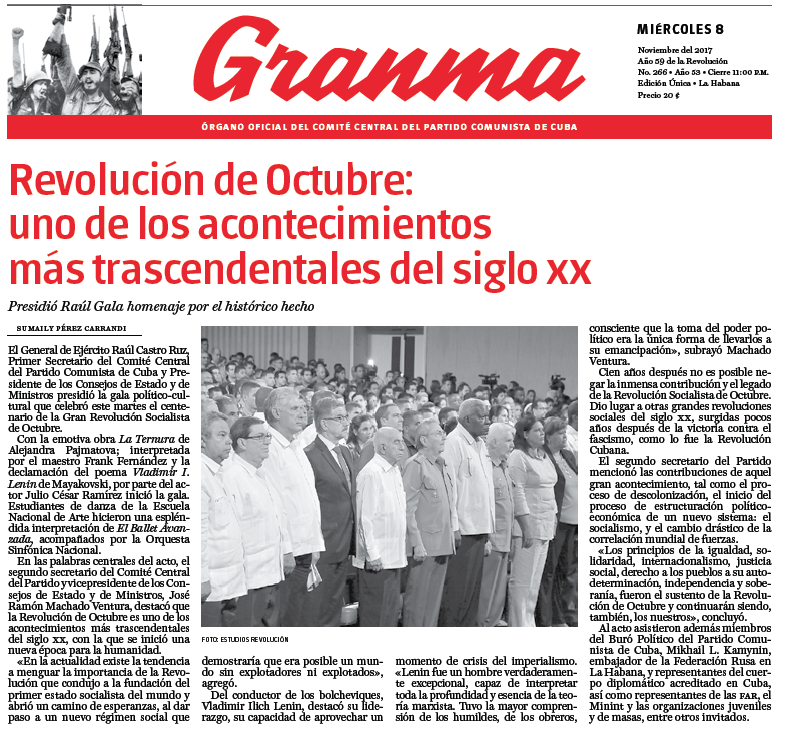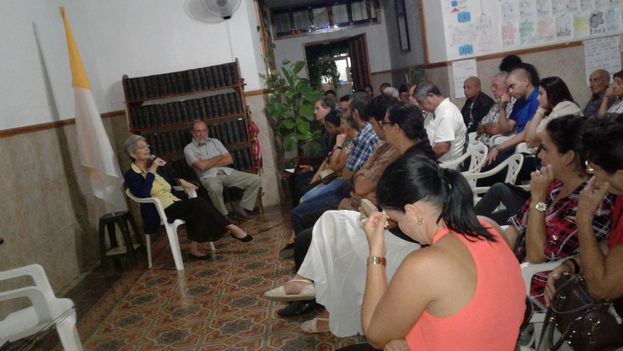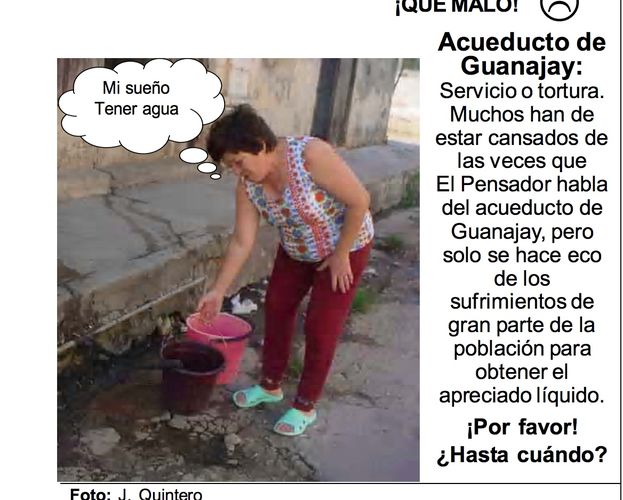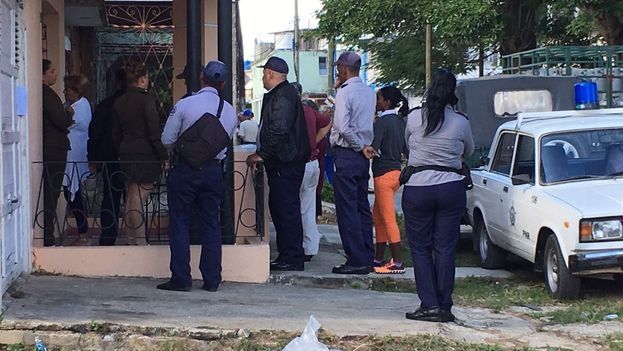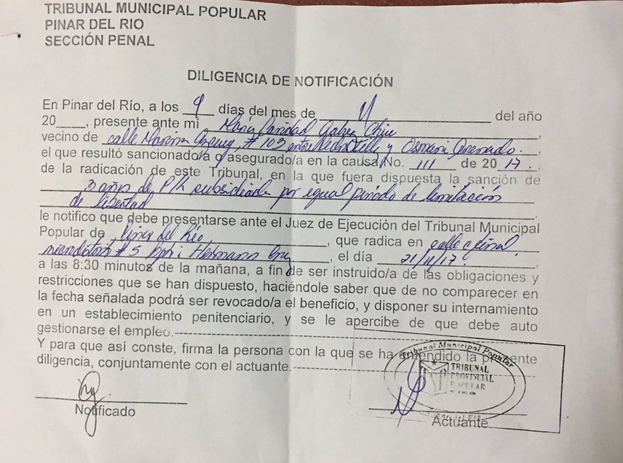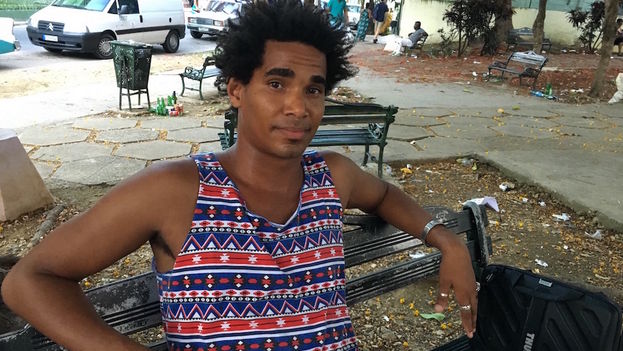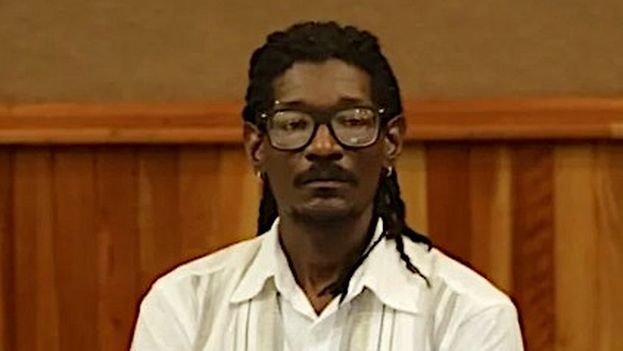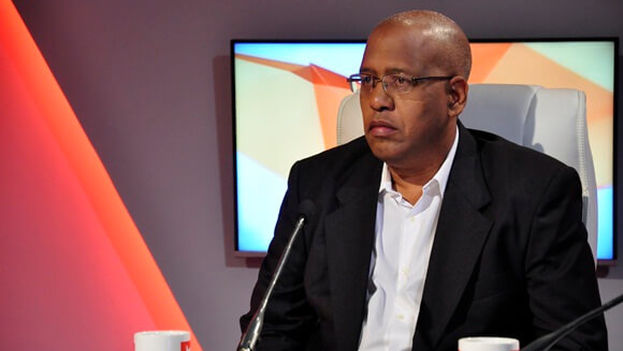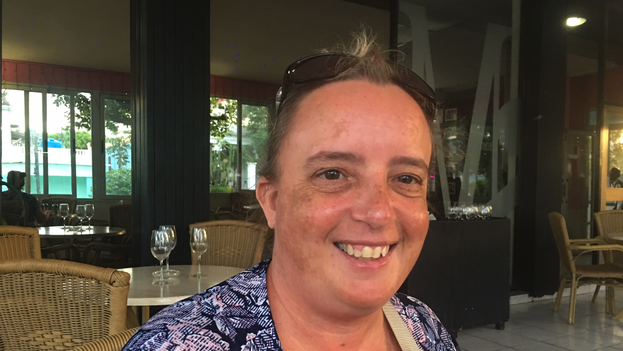Valentina has two sons from that marriage, one of whom still lives in Ciego de Avila, in the center of the island, and the other who also emigrated to the US. They are called polovinos, which in Russian means the half of something because they look like “warm water, with a little Russian chill and some Cuban heat,” she explains. continue reading
“I never thought I would end up living in the United States,” she confesses in a recording she sent to 14ymedio.
“At one point we were everywhere in Cuba, but now you have to look hard to find a Russian,” Valentina says, with a vocabulary filled with Cubanisms. The official data confirm this perception: according to the Russian consulate on the island there are just over 1,000 nationals, although this figure is tripled if descendants are included.
Lately, as the centenary of the Russian Revolution approached, the official press has remarked on the friendship with Russia since 1973, when Cuba joined the Council of Mutual Economic Assistance (CAME), which led to the presence of the “comrades” dispersed throughout the country. “In most of the ministries there was a Soviet adviser who reported directly to Moscow and could intervene in the decisions,” says Valentina.
Such intense contract highlights that there are no more traces left in gastronomy, popular speech or cultural tastes. Perhaps because the differences were so many, in the words of an academic and writer, “Cubans and Russians beat on different wavelengths,” and sometimes they simply do not agree on anything.
“They welcomed me with affection but also there was some conflict from time to time because I had a very different way of looking at life and confronting problems,” recalls Valentina. “For me, my first months were marvelous, but with time it was a daily struggle with my Cuban family, the neighbors and even on the street.”
Not only were the Russians everywhere, the emblems and symbols of the Soviet Union filled the Cuban reality for more than three decades. Thousands of Lada cars were passing through the streets alongside the noisy Kamaz trucks, devourers of huge amounts of fuel, but strong as war tanks.
In Cuban homes, there were Aurika washing machines and Orbit fans while Krim TVs, all arriving from the distant country, played an infinity of cartoons and films made in the USSR. After the fall of the Soviet Union these appliances were replaced by others from China, South Korea and even the United States, while Hollywood productions filled the television schedule.
“They were ugly but long-lasting,” a home repairman who specialized in repairing Soviet washing machines told 14ymedio. “I have many customers who continue to use them.” The technician thinks that Cubans never valued the things that came from the Soviet Union because they cost very little and in addition were seen as rough or ugly. “But they were very good,” he says.
The nickname received by the Russians during their presence on the island and which is still in use today refers precisely to that rough image that the nationals captured in them. They were called bolos – bowling pins – in reference to their lack of sophistication and their tendency to prioritize operations before the aesthetic details.
While the political discourse was filled with phrases that spoke of sovereignty and national independence, behind the scenes the Soviets supported the entire economy of the island. Fidel Castro received more than 4 billion dollars a year from the USSR for his revolutionary project. the facilities of payment and trade with other nations of the socialist camp.
The country received some 200 million dollars that Russia paid each year for the rent of the Lourdes Radar Center, in the province of Pinar del Río, a military enclave that some voices within the Committee of Defense and Security of the Council of the Russian Federation is asking to be reopened.
The economist Óscar Espinosa Chepe, who died in 2013, was very clear about the economic weight that the Island represented for the USSR: “Actually, it was not Gorbachev. Cuba put an end the Soviet Union!” he told the Spanish press six years ago. “In unpaid credits alone the Russians estimate that they lost about 20 billion dollars over the time.”
The aid sustained the systems of health and education of which the Cuban government boasted for years in international forums. “But it did not help to develop the country, neither the countryside nor industry survived the collapse of the Soviet Union,” added Espinosa Chepe.
The economic support of the Kremlin diminished towards the end of the 1980s and stopped soon after, triggering the so-called Special Period on the Island, an unprecedented economic crisis. Cuba was then left with a debt of 35 billion dollars to Russia, which the Government of Vladimir Putin later canceled 90% of.
In the last edition of the Havana International Fair, last week, the Russian presence was again remarkable, but this time under other rules. Both countries made progress in the negotiations for the reconstruction of the rail network, a project that covers more than 680 miles of railway track, and also for the supply of construction, road and transportation equipment.
Polina Martínez Shviétosova, a writer of Russian origin living in Havana, believes that in recent years “the Russians have returned, they have been coming as entrepreneurs and it would be good if more came.” Although the ideal, she thinks, is that Cuban entrepreneurs, as individuals, could present a portfolio of business without state interference.
However, she acknowledges that this moment seems distant and that for now the greatest commercial relationship between the people of both countries is marked by the trips of the ‘mules’ who “go to Russia to buy the many products that are missing here.”
Martínez Shviétosova dreams of returning to live in Russia. “I wish my passport were an airplane,” she says. The writer prefers not to be pigeonholed into a nationality. “I want to be free of the idea that I’m Cuban or that I’m Russian,” but she likes to call herself polovina.
The writer recommends some places in the Cuban capital that offer Russian dishes. TaBARich opened its doors in October 2013 and its manager, Pavel, assures that it is “for the Russian community that lives in Cuba and also the nostalgic Cubans of the Soviet era.”
Last week, a cycle of Russian films was screened in a Havana cinema. “They are not like before,” warned a newspaper seller at the entrance to the theater. “They do not make me cry so much,” he joked. “They are not Soviet, they are Russian,” he repeated several times while only about four people bought tickets for the evening showing.
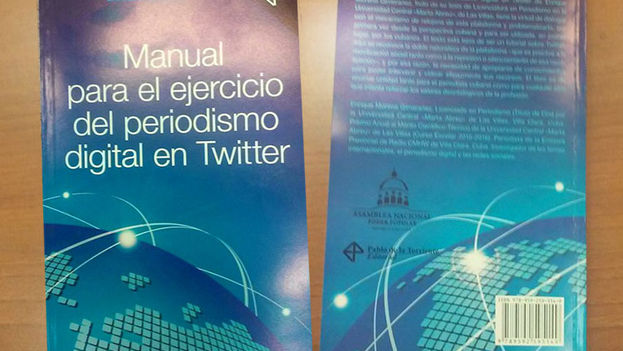
![]() 14ymedio, Havana, 15 November 2017 — Twitter is “our Bay of Pigs of the 21st Century” according to the journalist Enrique Moreno Gimeranez, who presented his book Manual for the Exercise of Digital Journalism on Twitter on Tuesday at Havana’s Capitolio.
14ymedio, Havana, 15 November 2017 — Twitter is “our Bay of Pigs of the 21st Century” according to the journalist Enrique Moreno Gimeranez, who presented his book Manual for the Exercise of Digital Journalism on Twitter on Tuesday at Havana’s Capitolio.

